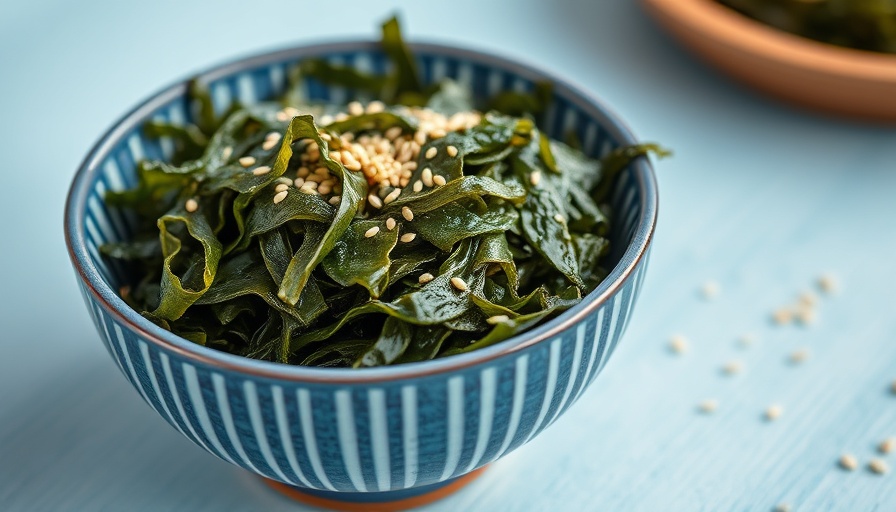
Exploring the Rich Culinary Heritage During AAPI Month
May is an important month, especially for those who cherish the diverse cultures and delicious cuisines of the Asian American and Pacific Islander (AAPI) communities. It's a time to recognize the contributions these cultures make not only to American society but also to the culinary world. Talking with Remy Morimoto Park, a vegan cookbook author, gives us a glimpse into this vibrant world of food and culture.
Food as a Cultural Vessel
"Food is so important because it’s one way culture is passed down from generation to generation," Remy explains. This idea resonates deeply within Asian cultures, where love and emotion are often expressed not through words but through shared meals. Family gatherings revolve around food, with dishes serving as vessels for cherished memories. In this light, sharing recipes becomes an act of preserving one’s heritage, showcasing the importance of home-cooked meals in Asian culture.
The Intersection of Health and Tradition
As we navigate through modern dietary trends, it's essential to recognize the potential of traditional Asian cuisines in promoting health. Remy highlights that many Asian diets are low in dairy, making them a perfect foundation for plant-based meals. Historical practices in her cultures emphasize the use of grains and vegetables, which challenges the contemporary stereotype associating Asian food solely with meat-centered dishes. Understanding this culinary history empowers individuals to appreciate the richness of plant-based options.
Culinary Highlights: Staples of Asian Cooking
Among the ingredients often featured in Asian dishes, tofu stands out as a staple, packing a protein punch while remaining versatile. Grains like rice and unique vegetables, often found in Asian markets, are also fundamental to these cuisines. Remy's favorites reveal a treasure trove of flavors that are both nutritious and delicious, encouraging people to explore beyond the mainstream grocery aisle.
Why It Matters
Celebrating Asian cultures through their foods is imperative for fostering understanding and unity. As we recognize AAPI Month, let's not only savor diverse flavors but also support Asian communities by engaging with their narratives through food. By doing so, we contribute to a greater appreciation of the cultural richness that makes our food experiences profound.
In conclusion, embracing this culinary journey not only feeds our bodies but also nourishes our understanding of one another. Consider visiting your local farmers' markets or Asian grocery stores to try some new ingredients or dishes for yourself!
 Add Row
Add Row  Add
Add 




Write A Comment